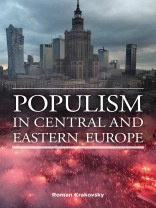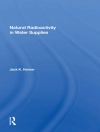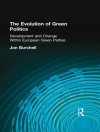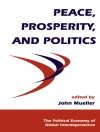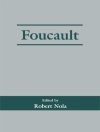The rise of illiberal democracies across Central and Eastern Europe represents an ongoing challenge to the democratic and liberal principles of post-Enlightenment societies. However, considerable debate remains about how to disentangle the complex factors that have contributed to this phenomenon and gain a clearer understanding of the issues shaping the political landscape. In this incisive analysis of the populist phenomenon, Populism in Central and Eastern Europe re-examines the roots of the current political situation, tracing the historical evolution of Central and Eastern European populism. From late nineteenth-century Imperial Russia to Viktor Orbán’s Hungary and Jaroslaw Kaczyński’s Poland, this book offers an innovative approach to addressing these enduring political issues.
Tabela de Conteúdo
List of Illustrations
Acknowledgements
Preface
Introduction: A Crisis of Modernization
Chapter 1. The Narodniks in Russia
Chapter 2. The Bolshevik Revolution
Chapter 3. Agrarian Movements
Chapter 4. Identity Crisis
Chapter 5. Communism and the Populist Turn
Chapter 6. Illiberal Democracies
Conclusion
Bibliography
Index
Sobre o autor
Roman Krakovsky is Associate Professor at the University of Ottawa. His recent publications include State and Society in Communist Czechoslovakia: Transforming the Everyday from WWII to the Fall of the Berlin Wall (I. B. Tauris, 2018) and L’Europe centrale et orientale. De 1918 à la chute du mur de Berlin (A. Colin, 2017). He is currently working on Central and Eastern Europe since 1815: A History in Maps (Mc Gill-Queen’s UP, forthcoming in 2026) and contributing to L’Histoire de l’Europe, Vol. IV. Période contemporaine (Humensis, forthcoming in 2027).
